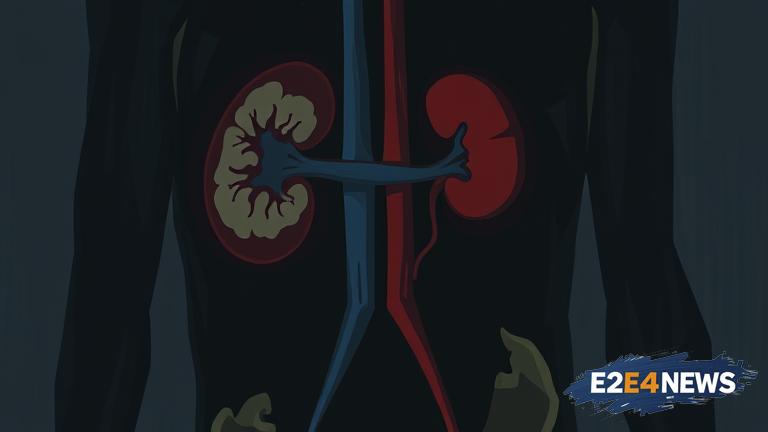The illicit kidney trade has been a long-standing issue in India, with many cases of organ trafficking and exploitation of poor and vulnerable individuals. A recent investigation by The Hindu has shed light on the dark reality of this trade, revealing a complex network of agents, brokers, and medical professionals involved in the illegal sale of kidneys. The investigation found that many individuals, including women and children, are being coerced into selling their kidneys to wealthy recipients, often under false pretenses. The kidneys are then sold to the highest bidder, with prices ranging from ₹5 lakh to ₹20 lakh. The trade is not only illegal but also poses serious health risks to the donors, who are often not provided with proper medical care or compensation. The investigation also revealed that many of the agents and brokers involved in the trade have links to organized crime syndicates and use intimidation and violence to coerce individuals into selling their organs. The Indian government has been criticized for its failure to effectively regulate the organ trade and protect vulnerable individuals from exploitation. Despite laws prohibiting the sale of human organs, the trade continues to thrive, with many cases going unreported. The investigation has sparked widespread outrage and calls for greater action to be taken to prevent the exploitation of vulnerable individuals and to regulate the organ trade. The Indian Medical Association has condemned the practice, stating that it is a violation of medical ethics and poses serious health risks to the donors. The government has announced plans to increase enforcement and regulation of the organ trade, but many critics argue that more needs to be done to address the root causes of the problem. The issue is complex and multifaceted, involving not only medical and legal issues but also social and economic factors. Poverty, lack of education, and limited access to healthcare are all contributing factors to the exploitation of vulnerable individuals. The investigation has highlighted the need for greater awareness and education about the risks of organ trafficking and the importance of protecting vulnerable individuals. It has also sparked a debate about the ethics of organ donation and the need for a more effective and regulated system. The Indian government has been urged to take a more proactive approach to addressing the issue, including increasing funding for healthcare and social services, improving enforcement and regulation, and providing support and protection to vulnerable individuals. The international community has also been called upon to take action, with many organizations and governments expressing concern about the issue. The United Nations has condemned the practice of organ trafficking, stating that it is a serious violation of human rights. The World Health Organization has also expressed concern, stating that the trade poses serious health risks to the donors and recipients. The issue is not limited to India, with many cases of organ trafficking reported in other countries, including Pakistan, Bangladesh, and Nepal. The investigation has highlighted the need for greater international cooperation and action to address the issue. The Indian government has announced plans to work with international organizations and governments to combat the trade and protect vulnerable individuals. The issue is a complex and challenging one, requiring a multifaceted approach that involves not only medical and legal issues but also social and economic factors. It is a major public health concern, with serious implications for the health and wellbeing of vulnerable individuals. The investigation has sparked a national debate about the issue, with many calling for greater action to be taken to prevent the exploitation of vulnerable individuals and to regulate the organ trade.





